Approaching Depression for Atlantic Cup
Published on May 27th, 2016
Charleston, SC (May 27, 2016) – With less than 16-hours to the start of the Atlantic Cup presented by 11th Hour Racing, a tropical depression developing off the east coast will present an interesting challenge for the nine teams in the first 24-hours.
Currently top winds are perceived to be 25-30 knots with a confused sea state, especially in the Gulf Stream, but the system should be short-lived and the second half of the race may present the opposite challenge.
The teams provided insight into strategy and the weather earlier today.
Libby Greenhalgh, Oakcliff Racing:
“Everyone’s been looking at this low pressure that’s been approaching for the start– some calling it a storm. I don’t think its quite storm level, but it does look like it’s becoming more of a key feature for the first 24-36 hours.
“That low is basically going to be to the southeast of Charleston, so I think the start will be quite moderate and northerly to north-easterly. So a bit of a wizz around the harbor, bit of downwind reaching and then out we go!
“Then I guess one of the big decisions is how you decide to play the front and with that front comes a building breeze. Some of the files are showing 25 knots, which is normally a good 5 knots below what you’ll probably see. Then I guess the big decision is whether you push out and try and break through the front first and therefore effectively don’t head towards your finish but you put yourself at a better faster reaching angle. Or whether you just push upwind and let the front go over the top of you. So I think you could well see a split in the fleet to begin with and I think it will be pretty interesting.
“Obviously quite a few maneuvers and potential sail changes to happen through that process so a pretty tiring and tough 24 hours I’d say… for us it’s a bit of a baptism of fire.”
Pablo Santurde, Tales II:
“The first night will be tough, especially because we will be going upwind on port tack. Then the wind will shift to the right side so we will tack I think close to the gulf stream. So with the current and the wind blowing against each other it probably will be big seas. It will be difficult conditions and easy to break something so we’ll have to watch it carefully.”
Tristan Mouligne, Toothface 2:
“I’ve been watching the weather for the past couple of days and the general trend has been pretty consistent but now the details are starting to develop. Looks like it’ll be a little bit rough, there’ll be somewhat of a northerly flow to the wind the first night and when that matches up against the Gulf Stream its gonna be pretty bumpy until the southerly fills in, so the first 36 hours will be uncomfortable, its going to be wet, its going to be loud, the boats will be banging and I think it’ll be important to make sure that you don’t break anything that first night because the waves will be pretty large.”
For more on the Atlantic Cup: AtlanticCup.org
About The Atlantic Cup
The Atlantic Cup presented by 11th Hour Racing is, at 1,045 nautical miles, the longest offshore in the Western Atlantic. The Atlantic Cup was created and is owned by Manuka Sports Event Management. It started in 2011 as a concept event and grew to a multi-stage race. Since its inception, the Atlantic Cup has aimed to be the most environmentally responsible sailing race in the United States. The race is sailed solely in Class40s, a monohull race boat designed for shorthanded racing.
The first doublehanded leg starting May 28 takes the fleet 648 nm from Charleston, SC to Brooklyn, NY, with the second doublehanded leg starting June 4 for 360 nm to Portland, ME. The final stage on June 10-11 will have 6-person teams complete an inshore series of races in Portland.
The Atlantic Cup ran annually in May from 2011 through 2014. After 2014, the race moved to a biennial event. The course in 2011 was a sprint from New York to Newport with an inshore series in Newport. From 2012-2014, the race was a three-stage event that started in Charleston, South Carolina included a stop-over in New York City and finished in Newport, Rhode Island. In 2016, the Atlantic Cup will continue to comprise of three legs, with stop-overs in Charleston, S.C., Brooklyn, N.Y., and for the first time, Portland, Maine.


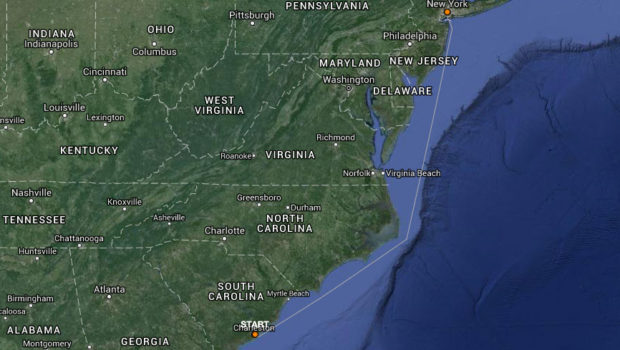
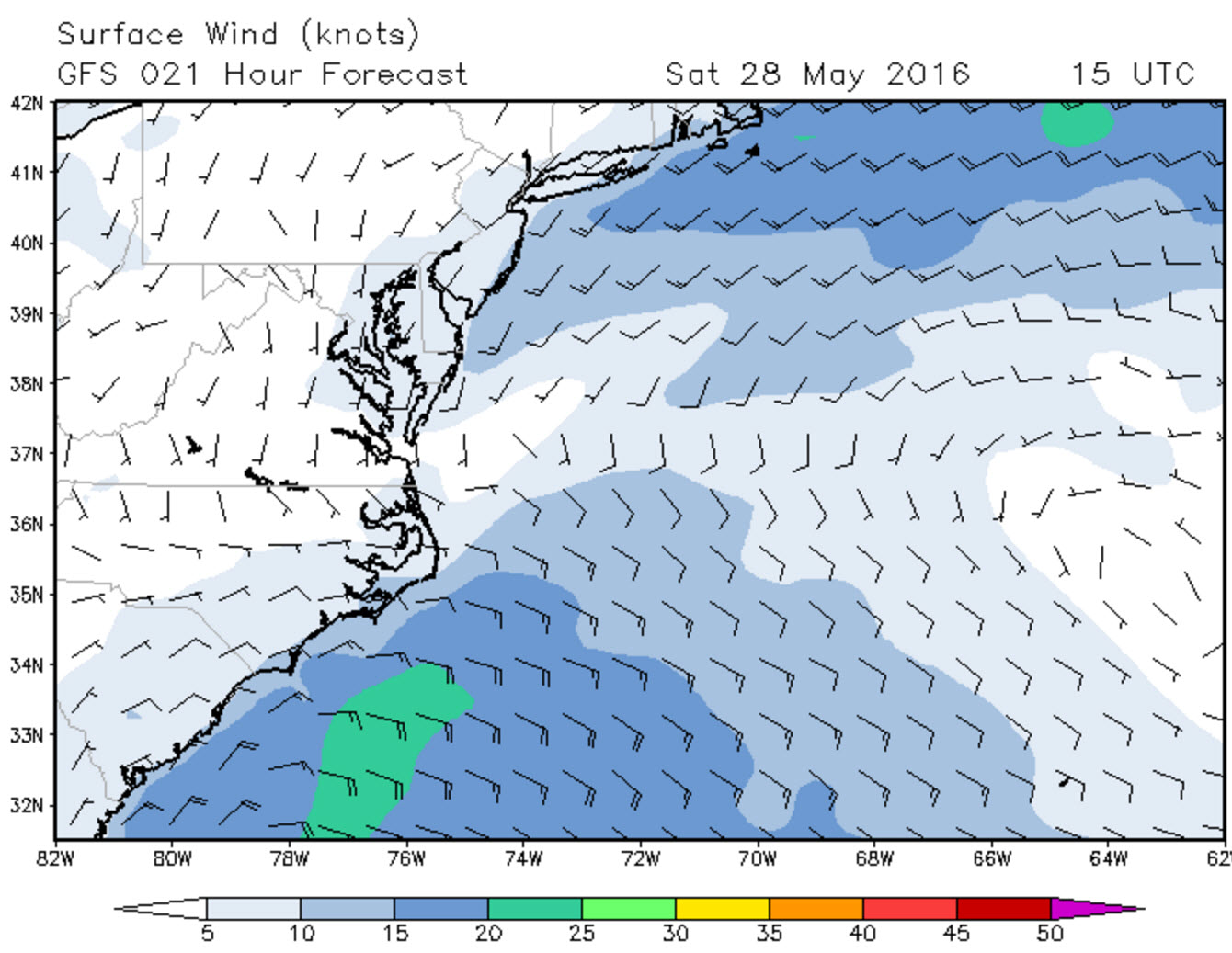


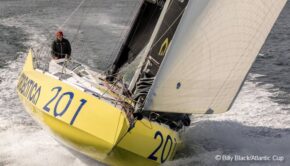
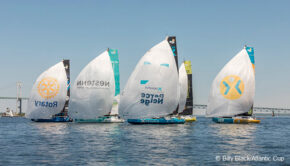
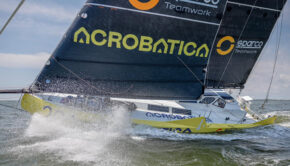
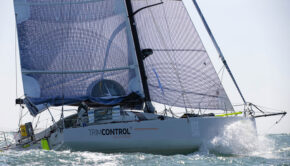
 We’ll keep your information safe.
We’ll keep your information safe.